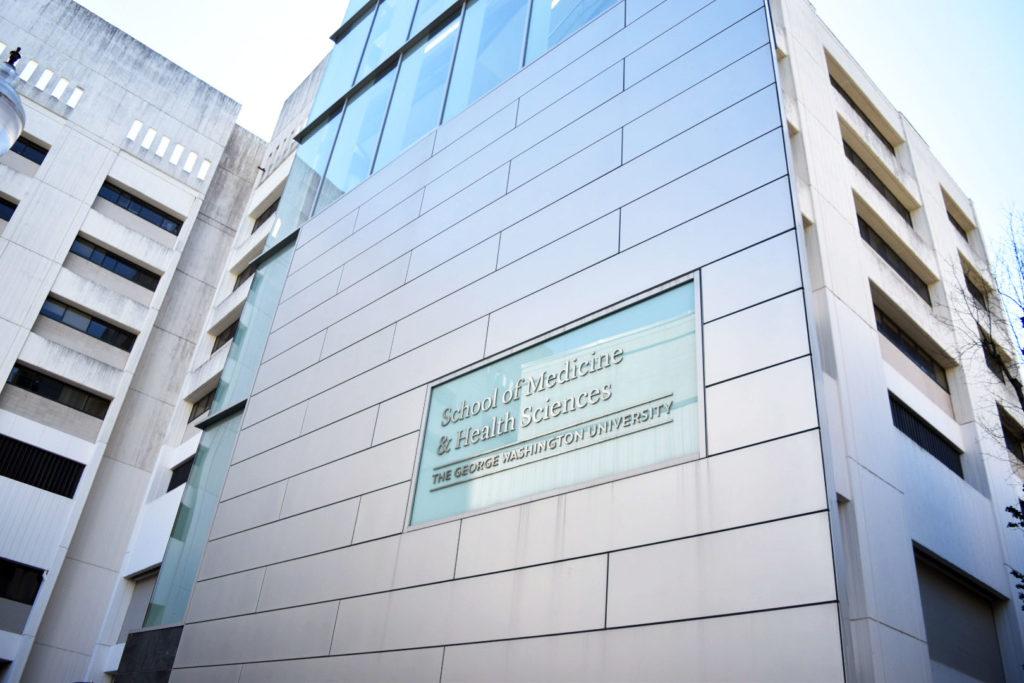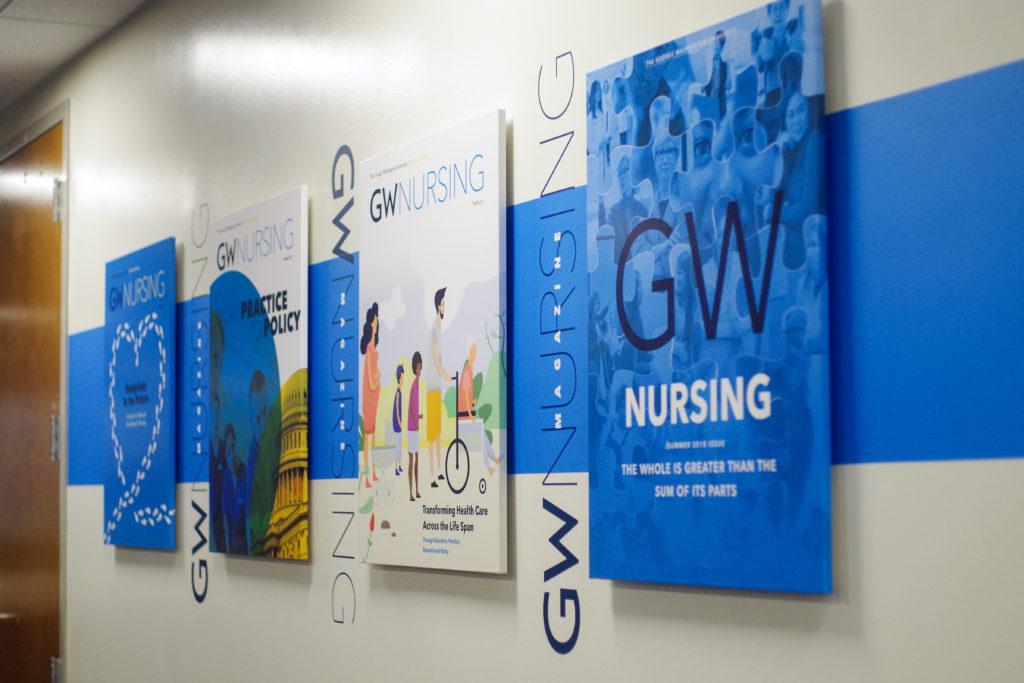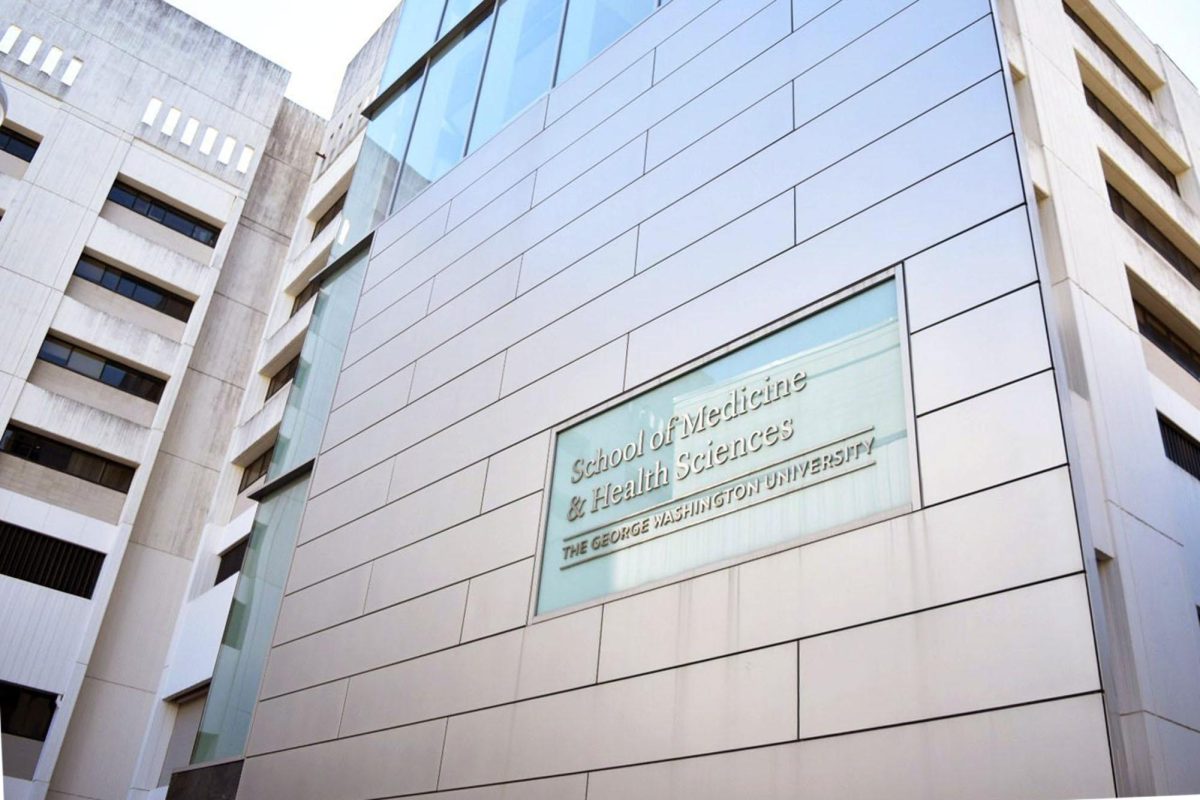The School of Medicine and Health Sciences is partnering with community organizations to provide free flu vaccines to medically underserved areas of the District.
Medical school officials said they are providing vaccines and volunteers from the GW community to several partner organizations, including United Medical Center and Family and Medical Counseling Service, that will help administer the vaccines to residents in mainly Wards 7 and 8. Experts in medicine said ensuring people have access to flu vaccines this season is critical to prevent flu season from further complicating the COVID-19 pandemic.
Raymond Lucas, the senior associate dean for faculty and health affairs in SMHS, said the medical school’s committee on health and wellness had recommended that the University offer free flu vaccines to students, faculty and staff this fall and ordered a large volume of vaccines. Since moving the semester online, he said officials decided to distribute the excess vaccines to the D.C. community.
“In an effort to promote health and wellness in the greater community of D.C., the University made the decision to donate our extra influenza vaccine to use in underserved populations in D.C.,” he said in an email.
Lucas said about 120 GW community members have volunteered to staff vaccine sites, and he anticipates administering about 2,500 vaccines across all partner organizations. Volunteers can work as greeters, runners, distributors of the vaccine or medical leads, according to the program’s volunteer sign-up sheet.
“We purposely tried to be inclusive and add additional members to the planning team who are involved in community outreach as they became known,” he said.
Michael Serlin, the medical director of Family and Medical Counseling Service in Anacostia and an associate clinical professor of medicine, said his organization started distributing the GW-provided vaccines last week and hopes to administer 20 to 30 vaccines per day. He said volunteers come to the clinic to disburse vaccines on Tuesdays and Thursdays between 10 a.m. and 1 p.m.
He said people over six months old should receive a flu vaccine each year, but getting one this year is critical as experts are uncertain of the effects of contracting both COVID-19 and the flu at once.
“Obviously we know that coronavirus can be very bad, and unfortunately, it’s not as if you get one respiratory illness, it doesn’t mean you are immune from another,” Serlin said. “It is possible for someone to have flu and coronavirus at the same time, and we really don’t know what that will look like.”
He said his organization is planning to publicize the vaccine clinics over the radio, on its website and on street signs that direct people to the clinic.
“We do work in an underserved community, in Anacostia, and we see a lot of patients who are uninsured or underinsured, and we have a commitment to everybody, regardless of their ability to pay for care and things like that,” Serlin said.
Viral infection experts said getting a flu vaccine this year will help reduce the chances of the flu and the coronavirus interacting, which could potentially strain the country’s hospital capacity.
Alexander Ploss, an associate professor of molecular biology at Princeton University, said people should get their flu shot each year because the virus changes annually, requiring a different vaccine each season.
“Flu is a virus that comes in many flavors and constantly changes its outer coat, which makes it very difficult for the immune system to generate antibodies and T-cell responses that can basically protect you against every single flu strain,” he said.
He said ensuring that people are vaccinated for the flu reduces the strain on hospitals, which will likely see increases in hospitalizations dealing with both the pandemic and flu season.
“On top of this, the COVID situation, it’s particularly important to get vaccinated more than ever, to make sure that the hospital systems don’t get overwhelmed,” Ploss said.
He said a large portion of the population needs to get their flu shot for the vaccine to be effective in preventing community spread, but some people may not have the resources to receive a vaccine.
“If you get vaccinated, you will benefit from it,” he said. “But at the same time, 10 people around you may benefit from it that you never know or get to know because they couldn’t get vaccinated, either because they weren’t offered the vaccine or they couldn’t afford it.”
Jeffrey Bratberg, a clinical professor of pharmacy at the University of Rhode Island, said medical workers should work to offer underserved communities flu shots because many of their residents are typically uninsured or underinsured.
He added that the coronavirus and the flu exhibit similar symptoms, making it difficult for people to know which virus they might have. COVID-19 precautions, like staying away from groups and wearing masks, could limit the spread of the flu this season, but he said the added burden of treating both viruses could put pressure on hospitals.
“We’re expecting to see actually probably significantly decreased flu transmission because we know it works for COVID, the respiratory viruses and probably other respiratory viruses as well,” Bratberg said.
Gerald Evans, a professor of medicine at Queen’s University in Canada, said researchers don’t yet know if being exposed to the coronavirus and the flu would result in viral interference, meaning only one virus would take control of a body.
He said the southern hemisphere’s flu season, which runs from June through September, has been milder this year compared to other years because of coronavirus precautions and a large reduction in travel.
“But it also could be that lots of people took the flu shot during this year during the southern hemisphere flu season, and maybe we’re going to see the same effect here, which is why we’re still encouraging people to get their flu shot this year,” he said.
Daniel Galgano and Makena Roberts contributed reporting.








